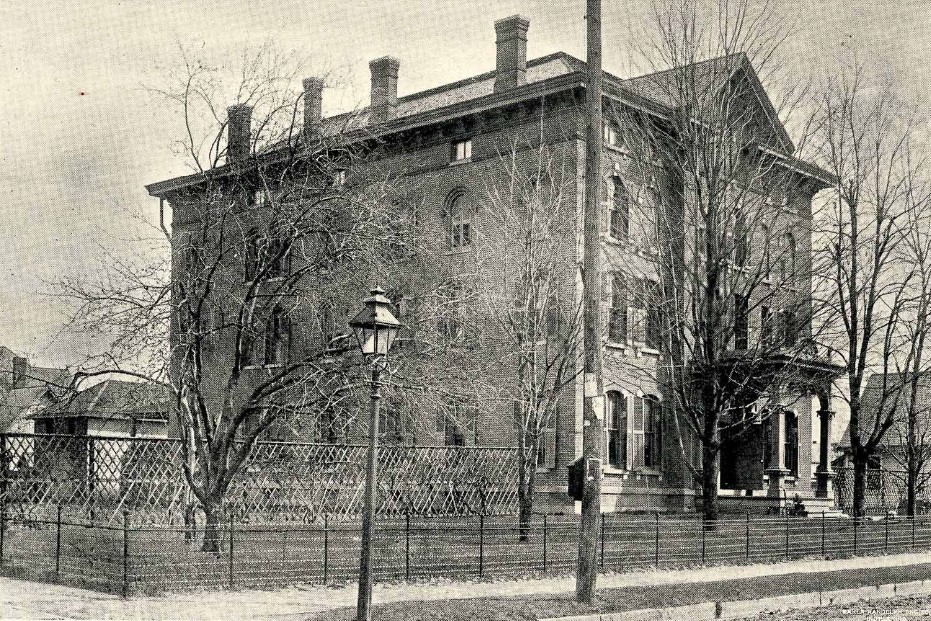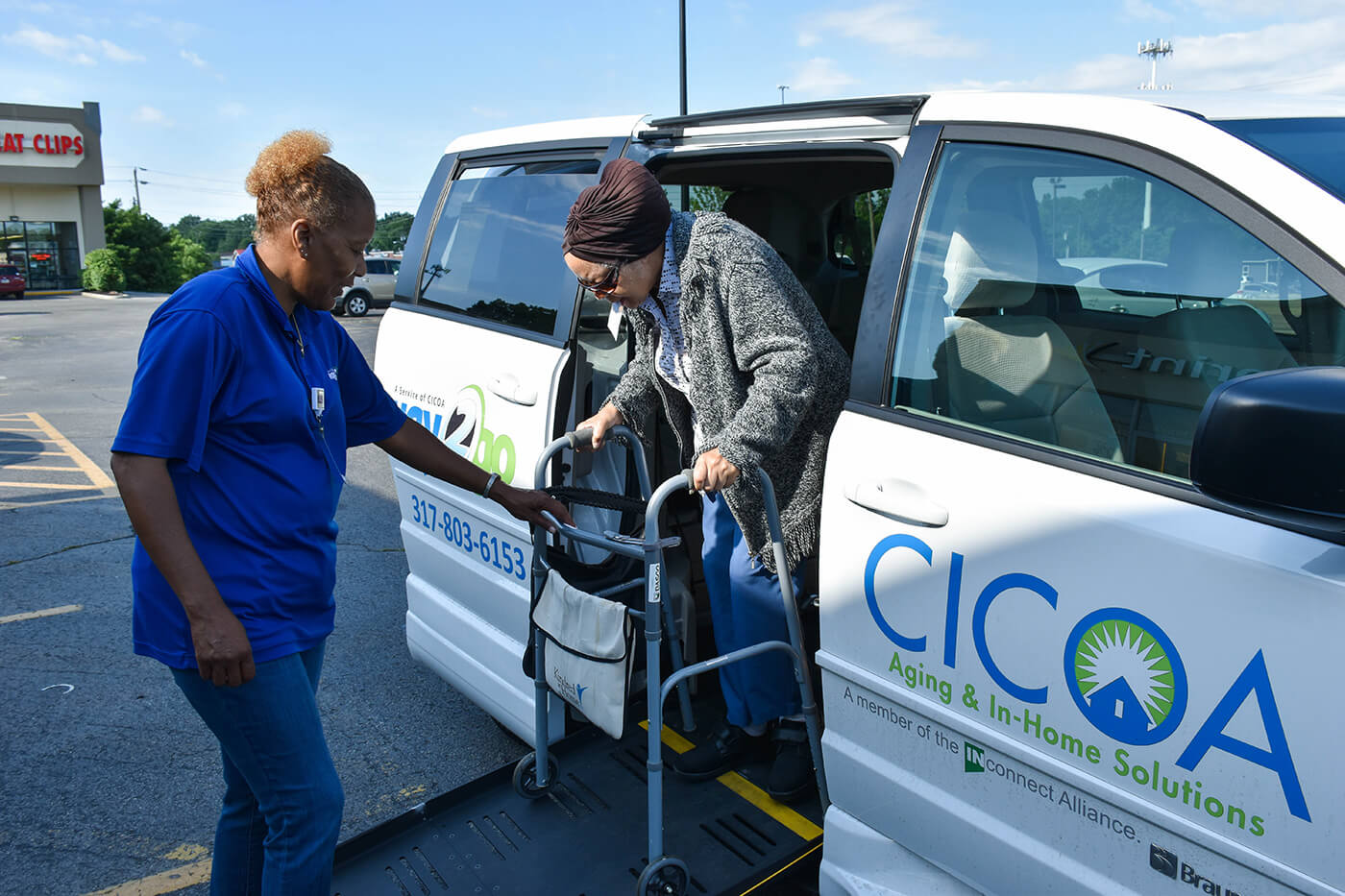From its beginning, Indianapolis has provided a range of governmental and nonprofit services for senior citizens, especially low-income residents. Before Indiana became a state, Congress provided help for elderly people in the Northwest Territory through a system of township trustees. Indiana’s Constitution of 1816 provided for one or more poor farms as an “asylum for persons whose age, infirmity, or misfortune have claim.” Indianapolis opened its poor farm in 1832. The served until the 1990s as one of the few remaining homes established under this rubric.

Early mutual aid systems for the elderly were burial payments from societies such as the Odd Fellows (established in 1819, later headquartered in Indianapolis). Taxation for public benefits began in 1896, with property taxes to subsidize trustees’ relief funds. If the recipients were found likely to become public charges, they were sent to the poor farm. Voluntary associations soon developed as alternatives to the Marion County Farm (Healthcare Center). The Indianapolis Home for Friendless Women () opened in 1867 as housing “a refuge for young girls who have been deceived and betrayed.” It operated until 2003.
Religious and ethnic groups established institutions for the elderly. The for African American retired women opened in 1883, in 1893, and the Jewish Shelter House and Old Home in 1905 (a precursor to ). The Zion Evangelical Church opened in 1910.
By 1933, the overwhelmed local relief efforts, forcing the elderly to rely on state pensions. The Welfare Act of 1936 subsumed old-age pensions into the national system established by the Social Security Act. State participation ended in 1972; Congress added Title XVI to the Social Security Act and established Supplemental Security Income payments as a benefit to elderly citizens who met income threshold requirements.
Dr. Morton Leeds, first secretary to the Indiana Commission on Aging and Aged, prompted the city to reexamine community care of the elderly in 1955. The commission reported a high number of elderly in state-supported institutions (6,000), more than half of whom were in mental hospitals (3,600), and the era of deinstitutionalization began. A 1957 report by the precursor of the identified housing and a downtown senior center as major needs. In 1959, Leeds published the first directory of recreation and leisure time activities for the elderly. In 1960, the Community Service Council reiterated the call for a senior center, and in 1962 the and the funded the Indianapolis Senior Citizens Center, which operated briefly in the neighborhood. The John J. Barton Apartments and Richard J. Lugar Tower offer Low-Income Housing Tax Credit apartment units for the elderly close to downtown.

In 1971, Mayor and the established the Mayor’s Task Force on Aging to develop a comprehensive service program for older citizens in Indianapolis. (CICOA) was founded in 1974 to carry out the service program with federal, state, and local funding. Today CICOA is the Area Agency on Aging for Central Indiana and part of the national system of coordinated care established by the Older Americans Act of 1965. CICOA provides the most comprehensive set of services to the elderly, including in-home care, meals, and transportation. It operates The Aging & Disability Resource Center, an initiative of the U.S. Department of Health and Human Services. Smaller, focused nonprofit organizations, such as Joy’s House and Hooverwood, operate adult day services in Marion County. Other for-profit providers or healthcare systems offer similar services.

Help improve this entry
Contribute information, offer corrections, suggest images.
You can also recommend new entries related to this topic.




